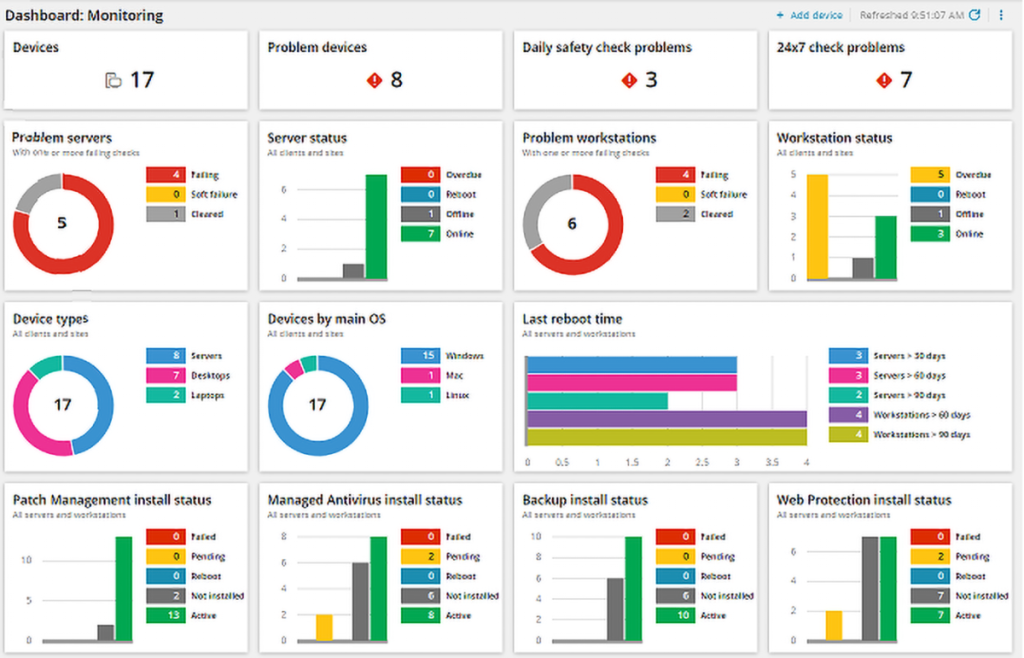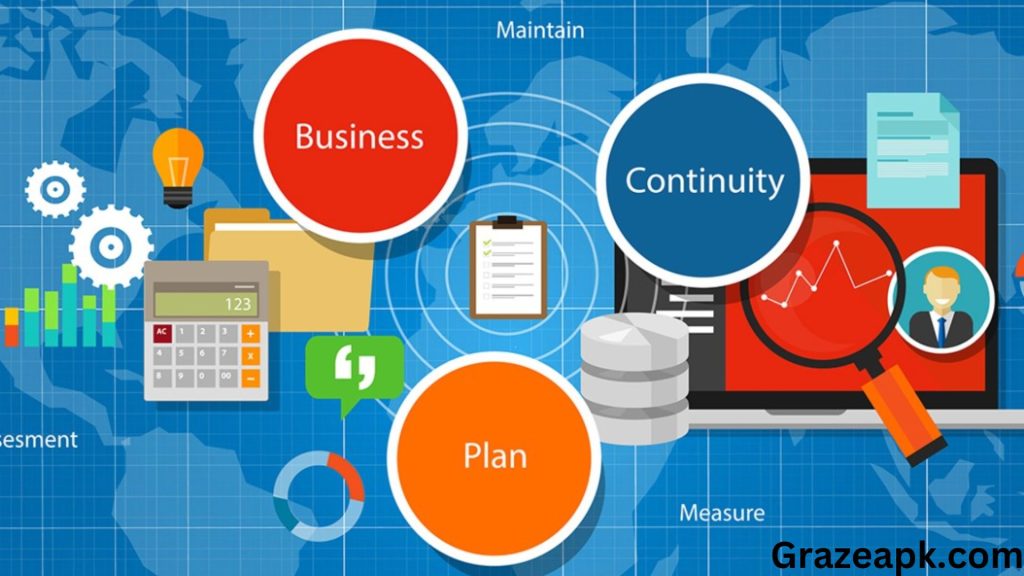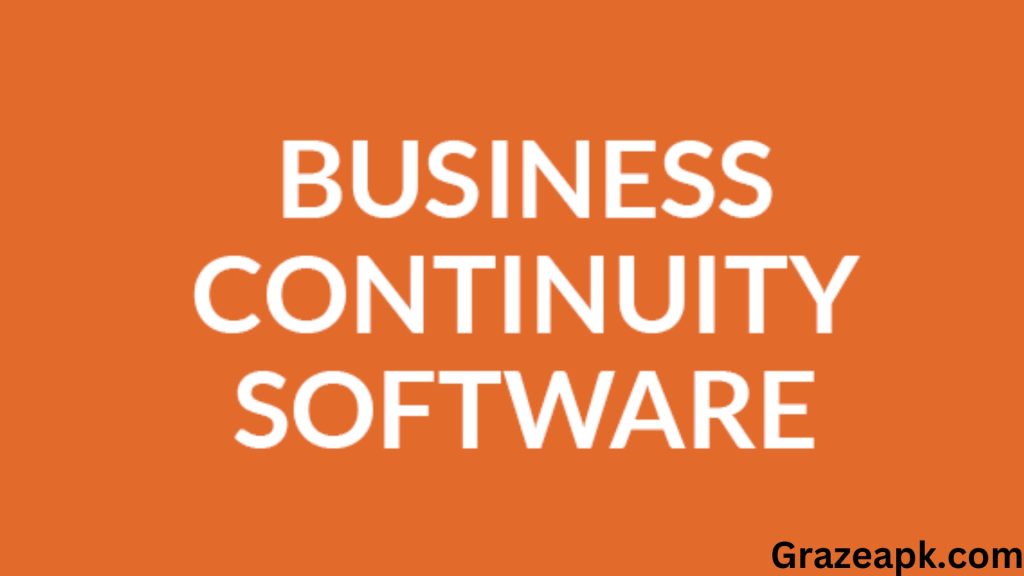Continuity software is a type of software that helps organizations ensure that their critical business processes can continue to run in the event of an unexpected interruption. This could include anything from a power outage to a natural disaster.
The goal of continuity software is to help organizations keep their businesses running as smoothly as possible, even in the face of unexpected disruptions. This can help minimize the impact of disruptions on customers, employees, and other stakeholders.

There are a variety of continuity software solutions available on the market, each with its own unique features and capabilities. Some of the more common features include:
1. Failover:
This is the ability to quickly switch to a backup system in the event of an interruption.
2. Disaster Recovery:
This helps organizations recover from a major interruption by providing them with the tools and resources they need to get back up and running.
3. Business Continuity Planning:
This helps organizations plan for disruptions by creating a plan of action that can be followed in the event of an interruption.
4. Testing and Simulation:
This helps organizations test their continuity plans to ensure that they will work as intended in the event of a real interruption.
It is essential to consider the needs of your organization and the types of disruptions that you are most likely to face. There is no one-size-fits-all solution, so it is essential to find a solution that is tailored to your specific needs.
This software can be a valuable tool for any organization, but it is especially important for organizations that rely heavily on technology to run their business.
If your organization is reliant on technology, continuity software can help you ensure that your business can continue to run even in the event of an interruption. For more information visit continuitysoftware.com
How does continuity software work?
There are many different types of continuity programs available, each with its own set of features and benefits. However, they all work towards the same goal: to help businesses keep track of their continuity plans and ensure that they are prepare for any unexpect events.
Continuity typically includes plan templates, plan management tools, and risk assessment tools. Plan templates help businesses to create comprehensive continuity plans that cover all aspects of their operations. Plan management tools help businesses to track and revise their plans on an ongoing basis. Risk assessment tools help businesses to identify and assess the risks that could potentially impact their operations.

It can be used by businesses of all sizes and in all industries. It is particularly beneficial for businesses that have complex operations and multiple locations. Continuity software can help businesses to ensure that they are prepared for any eventuality and that their operations can continue to run smoothly, even in the event of an unexpect disruption.
What are the benefits of using continuity software?
There are many benefits of using continuity software to help manage your business. Here are three of the most important benefits:
- Improved communication and collaboration
It can help improve communication and collaboration within your organization. By providing a central platform for all employees to access, you can ensure that everyone is on the same page and working towards the same goals. This can help to improve efficiency and productivity.
- Reduced costs
Using a continuity program can help to reduce the costs associated with running your business. By automating tasks and processes, you can free up time and resources that can be better spent elsewhere. Additionally, many continuity software solutions offer free or discounted rates for businesses.
- Increased security
Continuity software can help to increase the security of your business. By providing a central platform for all employees to access, you can control who has access to what information. This can help to prevent data breaches and protect your business from potential threats.

How can continuity software help businesses?
In today’s business world, the ability to keep operations running smoothly is more important than ever. Disruptions can come from a variety of sources, including natural disasters, power outages, cyberattacks, and even simple human error. That’s where continuity software comes in.
Continuity software is designed to help businesses keep their operations running in the face of disruptions. It can help with tasks like backing up data, identifying critical processes, cash apps on mobile and mapping out alternative routes for business operations.
There are a number of different continuity software solutions on the market, each with its own set of features and benefits.
Here are four ways that continuity software can help businesses
- Backup data: One of the most important functions of continuity software is to help businesses back up their data. This is crucial in the event of a data loss, whether it’s due to a natural disaster, power outage, or cyberattack.
- Identify critical processes: Continuity software can also help businesses identify which processes are critical to their operations. This is important for ensuring that these processes can be maintain in the event of a disruption.
- Map out alternative routes: In the event of a disruption, businesses must be able to map out alternative routes for their operations. Continuity software can help with this by identifying potential bottlenecks and providing alternative solutions.
- Keep operations running: Ultimately, the goal of continuity software is to help businesses keep their operations running, even in the face of disruptions. By backing up data, identifying critical processes, and mapping out alternative routes, continuity software can help businesses maintain their operations and avoid costly downtime.
